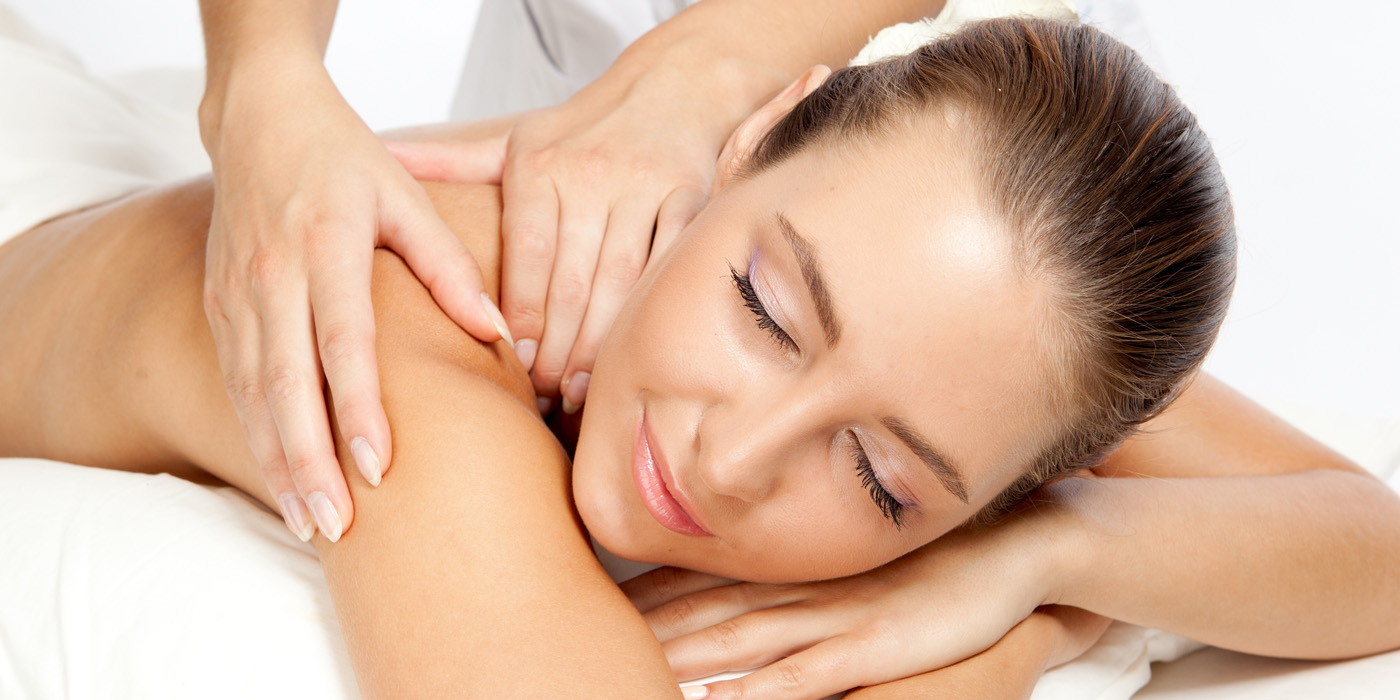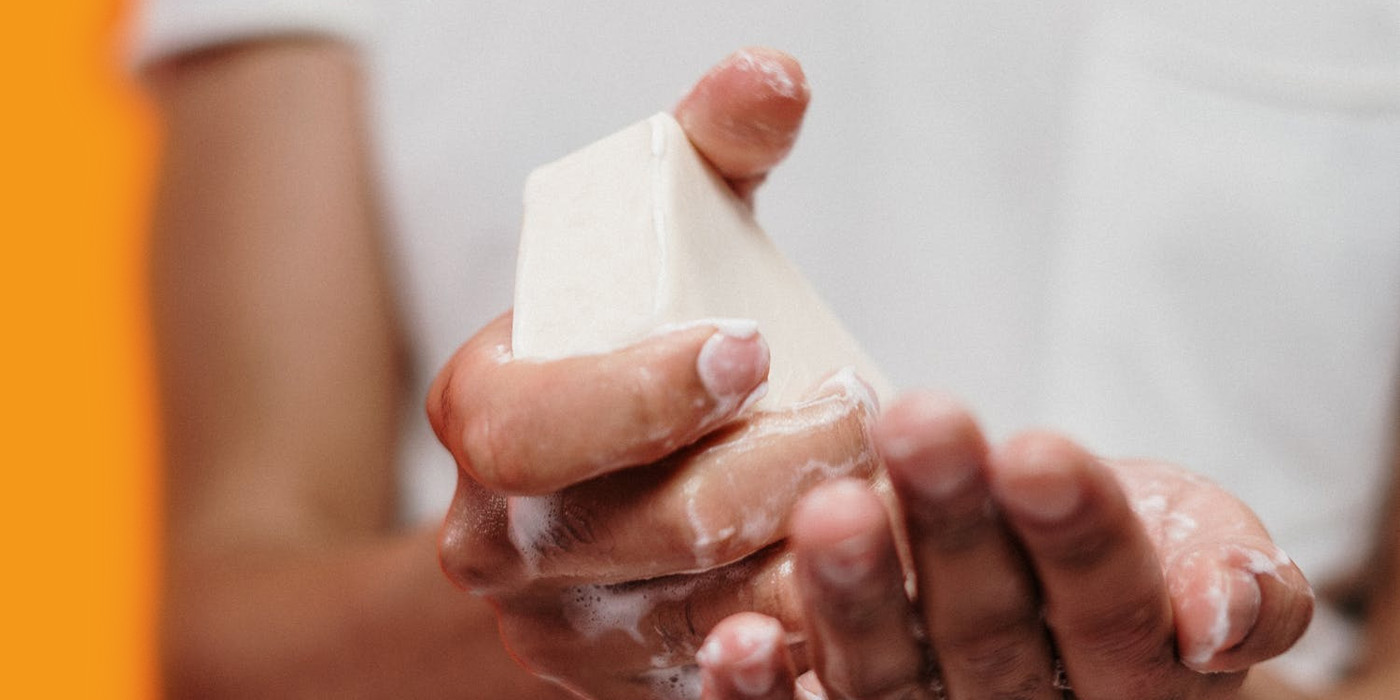
Mindfulness-based practices and therapies have been shown to decrease anxiety and stress levels, prevent relapses of depression and leave the participant with a clearer, more focused mind and generally, a more relaxed attitude (and sometimes, energised).
So what exactly is mindfulness?
Basically, mindfulness consists of MEDITATIONS - gently assisting and allowing your brain to accept thoughts that pop into your head but instead of hanging onto them (and over analyzing, over thinking or over anything!), just letting them go.
It is living in the “NOW”, not tomorrow or yesterday or next week. It is enjoying/accepting THE PRESENT moment as it is and realising and appreciating it.
It is not the misconception of thinking of nothing at all (not sure that is possible unless you are brain dead!) or trying to get rid of unwanted/unhappy thoughts (they will always be there and will always come back unless you deal with them and the more you try NOT to think of something, the more you will)
To help with this, you focus on your breath or your body or an object and when thoughts arise, you acknowledge the thoughts and let them go on their way! You don’t dwell on them or have an argument with them!
An excellent thing to introduce children to, just remember to keep it VERY short (30 seconds for toddlers, increasing the period gradually). Don’t make it a chore either, join your child and make it fun. Meditation has also been shown to help children with learning disabilities.
https://www.smartkidswithld.org/getting-help/emotions-behaviors/mindfulness-kids-ld/
It is best for beginners to try “assisted” (using a guide) mindfulness, in short bouts until they get the hang of it.
Don’t expect to reap benefits immediately (although many people do), it is something that needs some practice but once you get into it, you will wonder how you coped without it.
If your mind is not filled with all the things you “must do”, places you “must go to”, things that have happened and you cannot change, you free up loads of energy, can think clearer and “see” more clearly.
I dare you to do something you do every day, anything, drink a cup of coffee, read your children a story, make dinner.
Only this time, think about what you are doing: How does the coffee feel and taste on your lips, your tongue, when it goes down your throat? Look at your children’s faces, are they living in the story? Are they frightened by the storyline? Are they loving every moment spent with you? Look how the onions sizzle and change colour when you fry them. Isn’t it amazing we have heat at our fingertips to cook? And water, good, clean water straight out of the tap? And food! Eat the meal, think of each bite, it is more than just filling your belly.
I have tried a few mindfulness apps but the one I use (and have been for a couple of years now) is Headspace. I promise you will never get bored with it! There is new content constantly. If you are concerned about the cost, don’t be, there is the free version which has quite a lot of practices.
When I speak about how mindfulness has helped me with my sleep issues and feelings of being overwhelmed, I always say, “It is a holiday for my brain!”. We all know how much better we can cope when we have had a break.
Remember: you have nothing to lose but lots to gain, it is cheaper and healthier than alcohol or drugs and you will end up with a better version of you, which is great for you and the people around you!

